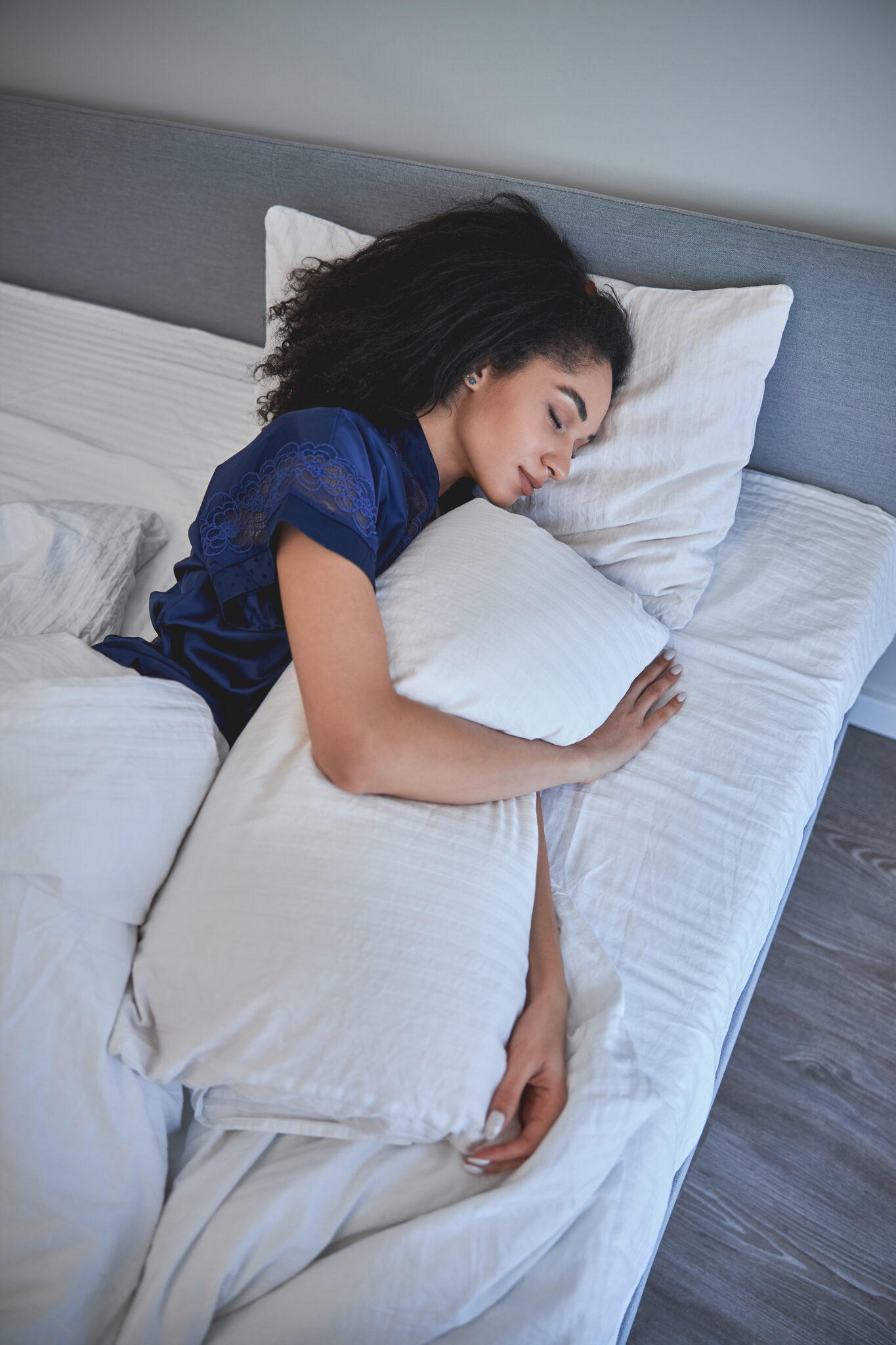Preventing Sleep Walking Through Lifestyle and Environment
Each recommendation is grounded in evidence, ensuring you have reliable guidance to reduce the likelihood of sleepwalking episodes.
We’re here to help you understand sleepwalking, manage its effects, and spread awareness. Explore expert-backed guidance and practical tools for individuals and families.

We educate the public on the risks and realities of sleepwalking, helping to reduce stigma and encourage early support.
Our resources and community help individuals and families manage sleepwalking safely and confidently.
We connect those affected by sleepwalking, offering a safe space to share experiences and build mutual understanding.
DID YOU KNOW
Sleepwalking affects both children and adults, often running in families. Linked to mental health and long-term persistence, it’s more common than many realize and deserves better awareness and support.
Sleepwalkers often navigate familiar spaces without being aware.
Most episodes begin during the deepest stage of sleep.
Sleepwalking can last a few seconds—or up to 30 minutes.
It’s okay to wake a sleepwalker—they may just be a bit disoriented.
Children vs Adults
Family Connection
Experienced Doctor
Chronic Cases
Possible Causes
Sleepwalking can stem from various medical and psychological factors. Understanding these causes helps identify risk and guide better treatment or management strategies.

Interrupted breathing during sleep can lead to fragmented rest, increasing the risk of sleepwalking episodes.

Discomfort and leg movements at night may disturb sleep cycles, potentially triggering sleepwalking behavior.

Anxiety, PTSD, and stress can disrupt sleep and are linked to an increased chance of sleepwalking.

Certain drugs, especially sedatives or sleep aids, may alter brain activity and prompt sleepwalking.

Alcohol or recreational drugs can disturb sleep architecture and increase the likelihood of sleepwalking.

Chronic sleep deprivation can intensify deep sleep stages, during which sleepwalking is more likely to occur.
The following organisations are actively involved in raising awareness, research, and advocacy for sleepwalking and other sleep disorders around the world. We are sharing these resources to highlight the global efforts supporting individuals affected by sleep-related conditions.
EXPERTS’ POINT OF VIEW
Experts from various fields share their insights on sleepwalking, its causes, risks, and effective treatments, helping to raise awareness and improve understanding of this complex condition.
Clinical Psychologist & Sleep Researcher
Consultant Neurologist & Sleep Specialist
Sleep Medicine Specialist, Mass Eye and Ear
Clinical Psychologist & Sleep Specialist
Each recommendation is grounded in evidence, ensuring you have reliable guidance to reduce the likelihood of sleepwalking episodes.
Although research specifically addressing sleepwalking in pregnancy remains limited, understanding the potential risks is essential to ensure the safety of both…
This guide delves deep into how irregular sleep patterns influence nocturnal ambulation and offers evidence-based approaches to reduce incidence while promoting…
Stay Informed & Empowered